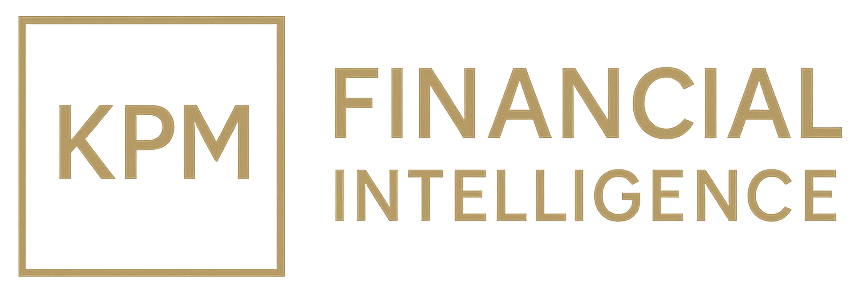Bulgaria shields fuel supplies
Wholesale rack spreads vs ICE gasoil and Brent (CL=F) are key; EU guidance will shape flows. DXY, CL=F.

Bulgaria moved to ring-fence domestic fuel supply after fresh U.S. sanctions targeted Russian oil interests linked to the Lukoil-owned Burgas refinery, a dominant source of fuels for the local market and a key node for regional logistics. Officials signalled contingency measures to secure crude intake and maintain output while they assess legal and operational exposure under the sanctions regime.
The immediate priority is to prevent price spikes and shortages as traders reassess counterparties, shipping, and insurance, with Sofia coordinating with EU partners on exemptions, alternative sourcing, and stock-draw options. The refinery’s complexity and port access make crude substitution feasible, but contract novations and compliance checks will stretch lead times. Regional knock-on risks are non-trivial: Serbia’s NIS and Central European refiners still rely on Russian grades to varying degrees, and any dislocation tightens prompt product balances in the Balkans.
The macro transmission runs through energy inflation, current-account fuel imports, and potential budget support for strategic stocks. A disorderly adjustment would lift CPI via motor fuels and heating oil, narrow the trade balance, and pressure logistics-heavy sectors. Conversely, a managed shift to non-sanctioned grades, coupled with coordinated stock releases, limits pass-through. Watch wholesale rack prices versus ICE gasoil and Brent (CL=F), and Bulgaria’s regulated reserve policy. Liquidity in regional diesel cracks will steer margins and plant run decisions. FX channels are muted given the lev’s euro peg, but second-round effects could seep into services prices if shocks persist. Over the next 4–8 weeks, evidence of stable crude receipts, steady run rates, and orderly retail pricing would indicate containment. A prolonged outage would export tightness across the western Black Sea product market, raising the risk that EU import flows re-route via Med hubs, with higher basis differentials.
Bulgaria’s policy choice set includes temporary fiscal support for logistics, fast-tracking alternative supply contracts, and leveraging EU coordination on sanctions interpretation to avoid accidental over-compliance. With winter demand building, the balance of risks is skewed to firmer local fuel prices and higher variance in weekly CPI prints; a benign path requires credible disclosures from operators, visible government stock management, and clear compliance guidance to traders.





